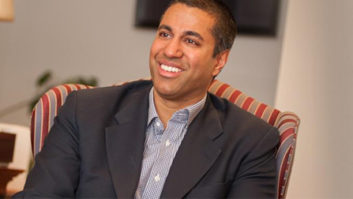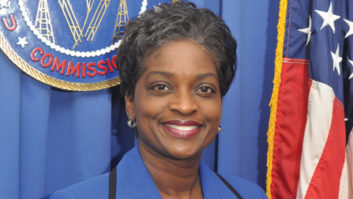The FCC voted on two items related to so-called “Net Neutrality” today. The 3–2 votes, as expected, followed party lines, with the three Democrats voting for expanding or clarifying the regulations and the GOP commissioners opposed.
Chairman Tom Wheeler said his plans are designed to prevent Internet service providers from changing the speed of consumer access to the Internet and charging more for faster service. The rules will ban “prepaid prioritization, throttling and blocking,” said Wheeler during the two-and-a half-hour meeting.
During the vote on a related item concerning community broadband, the chairman said the new FCC rules will clear away the “thicket of red tape” that some states have designed to limit competition.
In an unusual move, the chairman had several leaders of businesses that heavily rely on the Internet speak during the meeting. Chad Dickerson, the chief executive officer of online craft marketplace Etsy, for example, said “We know delays of microseconds have a direct effect on revenue.” He thanked the FCC for passing “clear, brightline” rules.
Signaling their displeasure with the items, the two GOP commissioners were late to take their seats, leaving the chairman to wait for them to begin the meeting. GOP Commissioners Ajit Pai and Michael O’Rielly said the rules won’t work, will stifle innovation and with dubious legality will likely be overturned. Pai in particular said the “glaring legal flaws” in the plan will leave the commission in “the muck of litigation for a long, long time.” He predicted they will be vacated by a court or overturned by Congress or a future commission.
Both Pai and O’Rielly took issue with the process that led up to the vote, saying it was “secret.” Wheeler called the process “the most fair, open process the commission has had to-date,” taking into account four million public comments. He believes the rules will survive judicial scrutiny.












